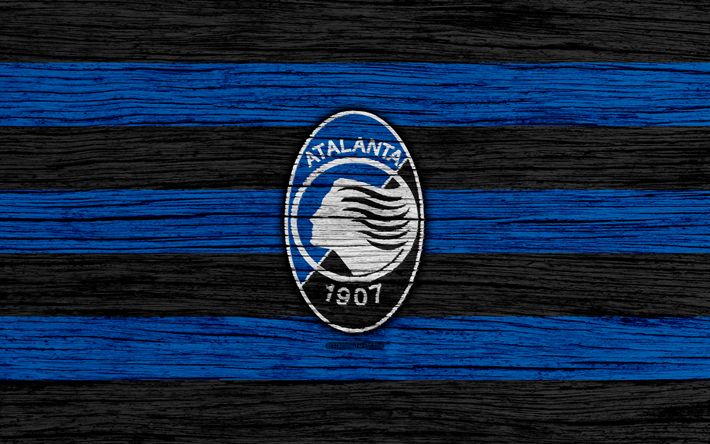
Club Atlético Osasuna, commonly known as Osasuna, is a professional football club based in Pamplona, Navarra, Spain. Founded in 1920, the club nền tảng giải trí xx88 has become a symbol of resilience and passion, reflecting the fighting spirit of its region. Known for their disciplined play, dedicated fanbase, and historic achievements, Osasuna has carved out a respected position in Spanish football. Despite facing challenges as a smaller club in La Liga, Osasuna has consistently demonstrated competitiveness, making it a team that inspires admiration for its determination and consistency.
History and Development
Osasuna was established in 1920, making it one of the oldest football clubs in Spain. Its name, “Osasuna,” means “health” or “strength” in Basque, symbolizing vitality and endurance. Throughout its history, the club has experienced periods of promotion and relegation between La Liga and the Segunda División. These fluctuations have shaped Osasuna into a resilient team, capable of bouncing back stronger after setbacks.
Read more: thể thao xx88
The club’s identity has always been closely tied to the Navarra region. Osasuna’s players, often sourced from local talent and the youth academy, carry the pride of their region onto the field. This connection to its community strengthens the team’s spirit and gives its matches an added sense of significance.
Stadium and Fanbase
Osasuna plays its home games at Estadio El Sadar, which has a seating capacity of over 23,500. The stadium is renowned for its passionate atmosphere, with fans creating a challenging environment for visiting teams. Supporters, often referred to as the “rojillos,” are known for their loyalty and unwavering support, helping Osasuna punch above its weight in top-tier Spanish football. The club’s fan culture is deeply embedded in Navarra’s traditions, further enhancing the sense of community around the team.
Playing Style and Achievements
Osasuna is recognized for its disciplined and organized style of play. The team often emphasizes solid defensive structures, hard work, and tactical discipline. This approach allows them to compete effectively against bigger clubs in La Liga. Over the years, Osasuna has produced remarkable performances, sometimes achieving surprising results against elite Spanish teams, a testament to their resilience and strategy.
In terms of achievements, Osasuna has enjoyed success in both domestic leagues and cup competitions. The club has won the Segunda División on multiple occasions, including triumphs in 1952–53, 1962–63, 2004–05, and 2018–19, securing promotion to La Liga. Osasuna’s most notable cup achievement was reaching the Copa del Rey final in 2004–05, showcasing their ability to compete at high levels despite limited resources.
Total Goals and Key Players
Throughout its history, Osasuna has scored thousands of goals across all competitions, consistently maintaining a solid offensive record. Key players, such as Savo Milošević, César Cruchaga, and more recently Chimy Ávila and Ante Budimir, have contributed significantly to the club’s scoring tally. These players highlight Osasuna’s commitment to both nurturing talent and strategically reinforcing the squad to maintain competitiveness in La Liga.
Youth Development and Future Prospects
Osasuna places a strong emphasis on youth development through its academy system. The club nurtures young talent from the Navarra region, ensuring a steady pipeline of skilled players who embody the team’s ethos of dedication and resilience. This approach helps maintain competitiveness while preserving the club’s identity and connection to its roots.
Looking forward, Osasuna aims to solidify its position in La Liga, maintain its strong defensive and tactical play, and continue challenging higher-ranked teams. With a loyal fanbase, disciplined squad, and focus on sustainable growth, the club is well-positioned for continued success.
Conclusion
Osasuna is a football club defined by resilience, passion, and regional pride. With a rich history, solid league performances, and notable achievements such as Segunda División titles and a Copa del Rey final appearance, the club has established itself as a respected competitor in Spanish football. Its disciplined playing style, commitment to youth development, and loyal fanbase ensure that Osasuna remains a symbol of Navarra’s footballing spirit, inspiring both players and supporters alike.



